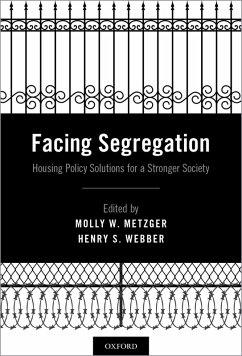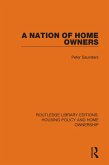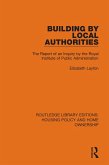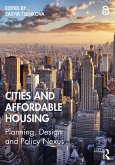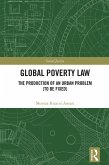Evidence for the negative effects of segregation and concentrated poverty in America's cities now exists in abundance; poor and underrepresented communities in segregated urban housing markets suffer diminished outcomes in education, economic mobility, political participation, and physical and psychological health. Though many of the aggravating factors underlying this inequity have persisted or even grown worse in recent decades, the level of energy and attention devoted to them by local and national policymakers has ebbed significantly from that which inspired the landmark civil rights legislation of the 1960s. Marking 50 years since the passage of the Fair Housing and Civil Rights Acts,
Facing Segregation both builds on and departs from two generations of scholarship on urban development and inequality. Authors provide historical context for patterns of segregation in the United States and present arguments for bold new policy actions ranging from local innovations to national initiatives. The volume refocuses attention on achievable solutions by providing not only an overview of this timely subject, but a roadmap forward as the twenty-first century assesses the successes and failures of the housing policies inherited from the twentieth. Rather than introducing new theories or empirical data sets describing the urban landscape, Metzger and Webber have gathered the field's first collection of prescriptions for what ought to be done.
Dieser Download kann aus rechtlichen Gründen nur mit Rechnungsadresse in A, B, BG, CY, CZ, D, DK, EW, E, FIN, F, GR, HR, H, IRL, I, LT, L, LR, M, NL, PL, P, R, S, SLO, SK ausgeliefert werden.

